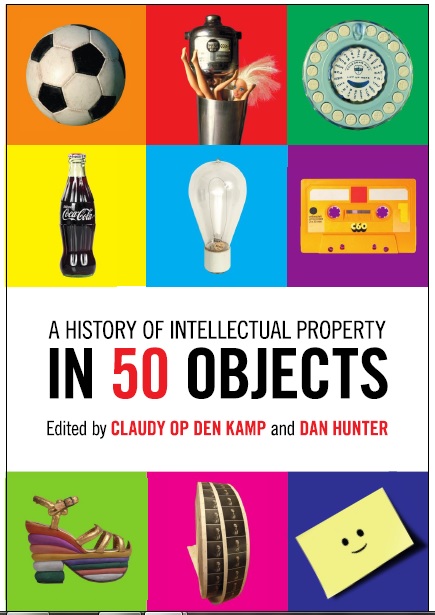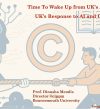
A History of Intellectual Property in 50 Objects (Cambridge University Press) is a book that focuses on 50 objects to tell a history of the intellectual property system, and why it matters today. The book brings together an interesting group of interdisciplinary scholars to tell a wide-ranging audience why they should care about intellectual property…. Read more » about A History of Intellectual Property in 50 Objects – now published









